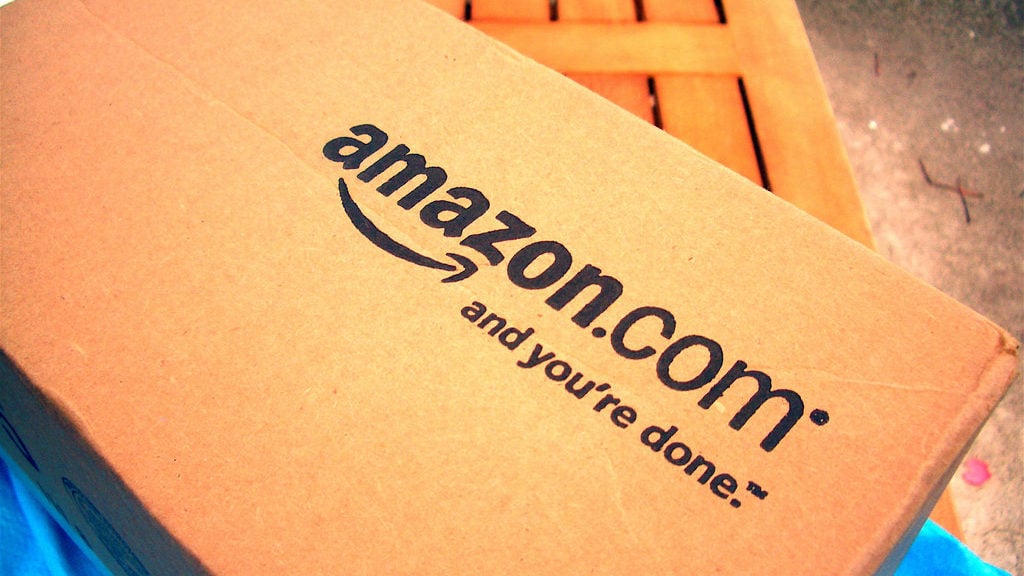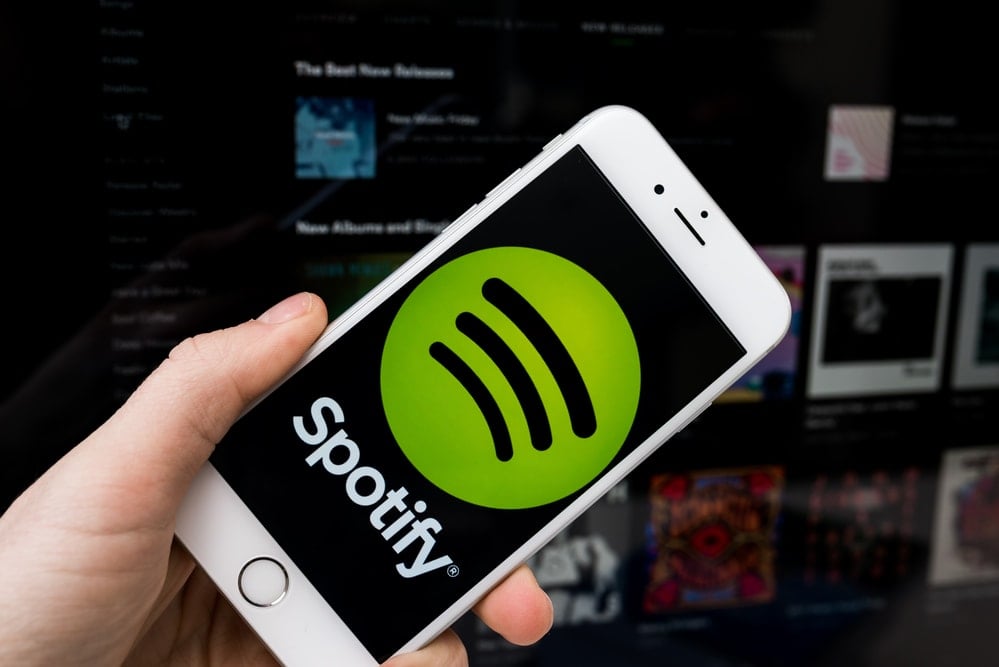Amazon's Prime Day is upon us for the third year in a row, and both retail product business owners and traditional grocery chains should be tuned in to the potential impacts the day could have on sales, CNBC reports.
Meaghan Werle, a retail e-commerce analyst, told CNBC's Lauren Thomas that since the latest efforts by Amazon to break its way into the grocery market with its purchase of natural grocery chain Whole Foods, the e-retailer is ready to disrupt how people buy groceries.
"Coming off the Whole Foods' press coverage, [Amazon] can leverage shoppers' interest in this deal," Werle said via the report. "I think [Amazon] will definitely focus a lot on food [this year], as it becomes more of a staple channel..."
Ryan Moran, founder and CEO of Capitalism.com, recently addressed this in a blog post on FreedomFastLane.com:
"If Amazon continues to expand its reach into retail with additional acquisitions (and you can bet that they will), then it means that high performing brands will have front-of-the-line access into retail stores across the country. If you have the best selling cacao butter on Amazon, you could see it go straight into Whole Foods. Sell an awesome meal cheese grater? You could it on retail store shelves within a few months."
Currently, Amazon has several stakes in the fire in the food retail space—minus its historic purchase of Whole Foods. Notably, Amazon seeks to unleash the full potential of AmazonFresh, the firm's grocery delivery service, and other products like the firm's meal kits that compete with companies like Blue Apron.
Plus, Amazon maintains a private-label foods brand known as Wickedly Prime which has offerings like popcorn, chips, teas, soups, several snack-ish foods, among others. To compound the complexity of Amazon's ambition for becoming a major player in the grocery space, Prime members can purchase Wickedly Prime products through Prime Pantry, an exclusive service for Prime subscribers to do their grocery shopping all online.
For Amazon Prime Day, exclusively, the online retail giant is providing members in more than 30 American cities major discounts on food and drink products, of which began on July 8.
Members will also be given access to free 2-hour grocery delivery days before Prime Day.
Amazon's grocery efforts and its purchase of Whole Foods gives the firm a very modest, but notable foray into a market that is dominated by companies like Walmart, Kroger, Costco, and Target.
A GlobalData analysis, manipulated by CNBC, indicates that Walmart has a 14.46 percent market share in the U.S. market for 2016. Combined, Amazon and Whole Foods has a 1.4 percent market share.
Are you going to order groceries on Amazon Prime Day? Let us know in the comments.
MORE ARTICLES ABOUT AMAZON ON CAPITALISM.COM:
• Walmart to ‘Reinvent’ Discount Shipping, Eyeing Amazon As Competition
• Internet Giant Amazon to Manufacture Activewear, HDTVs
• Online Retail Giant Amazon Purchases Whole Foods For $13.7 Billion











